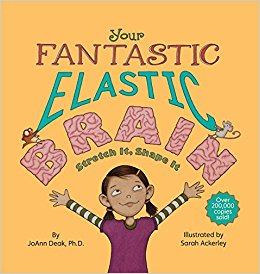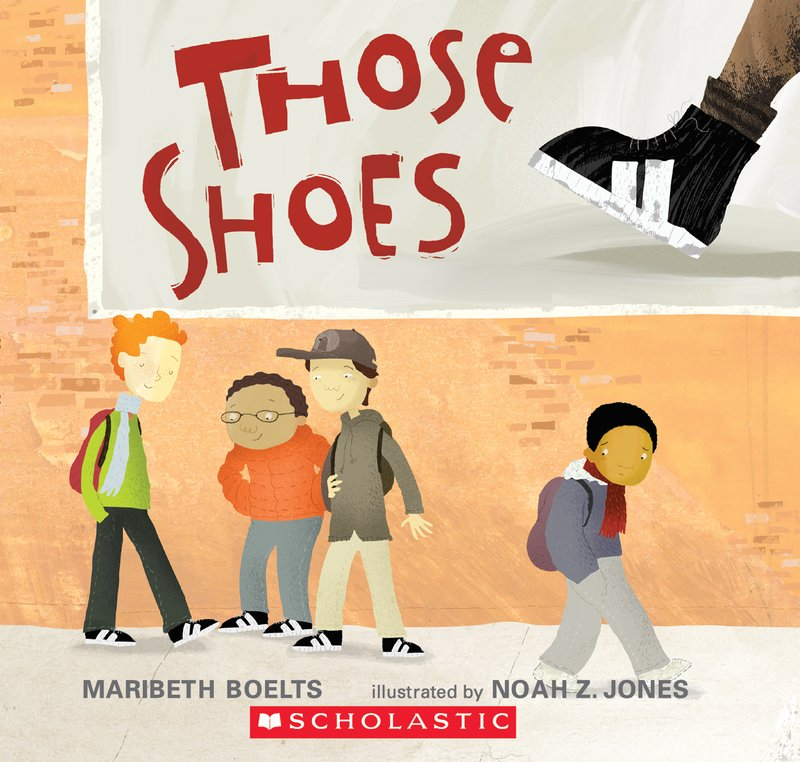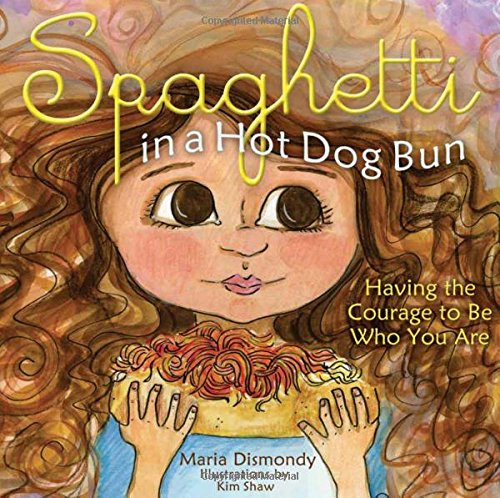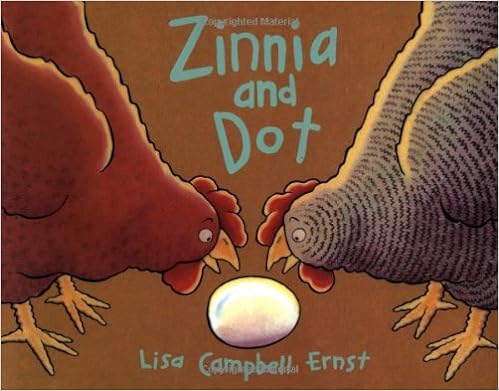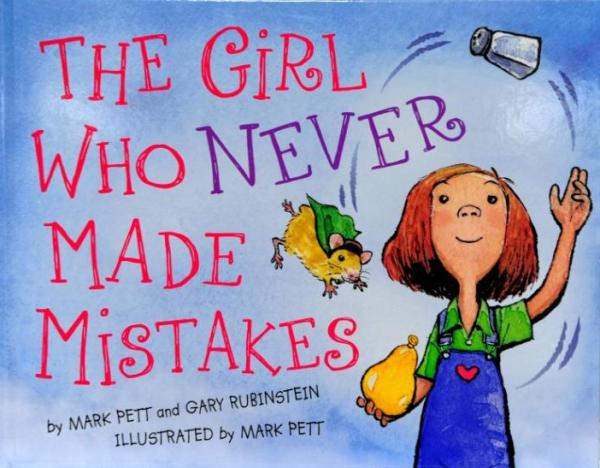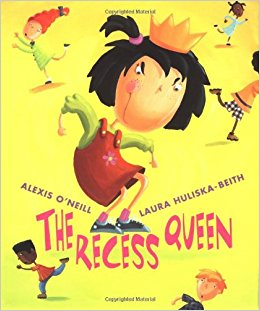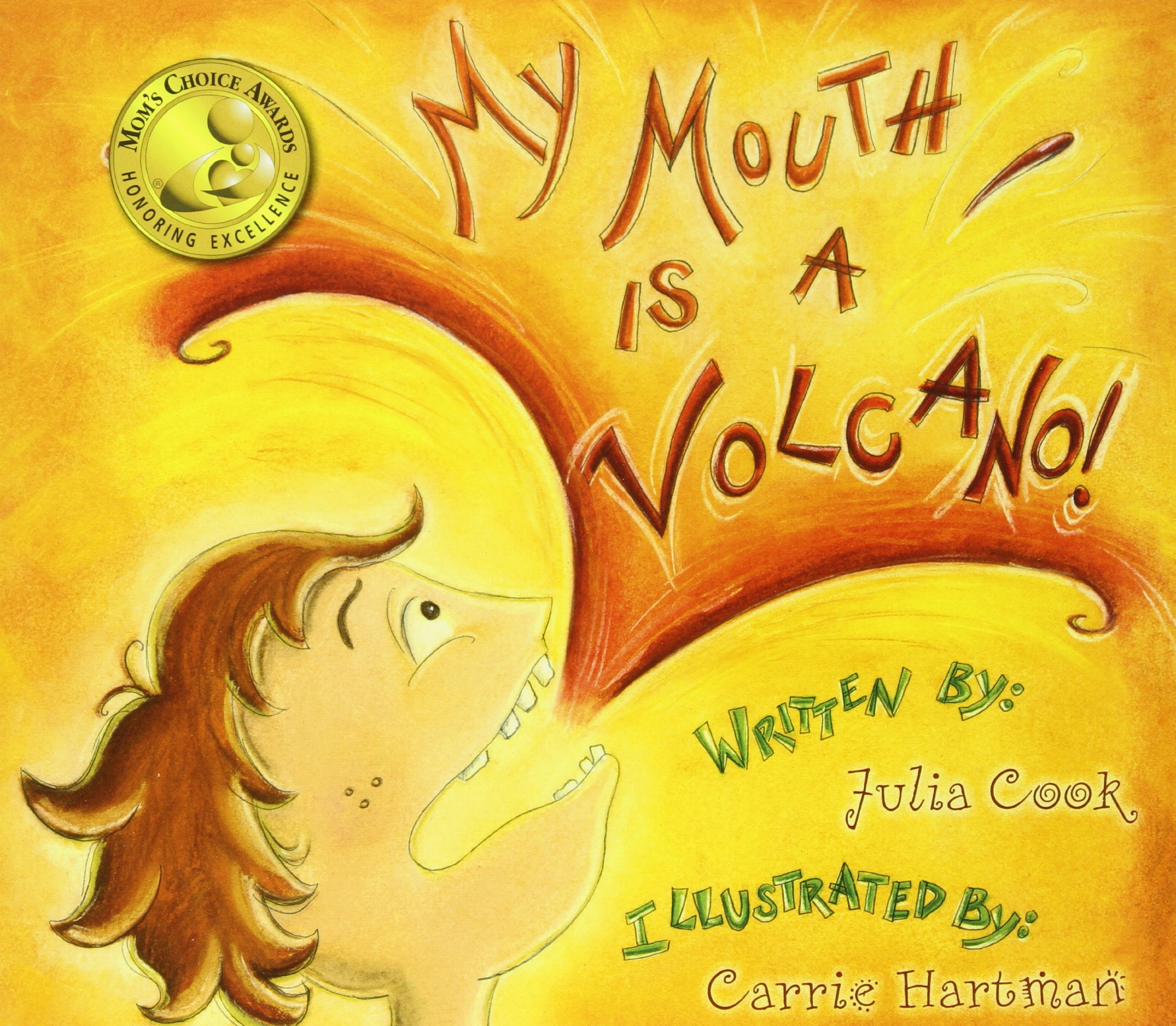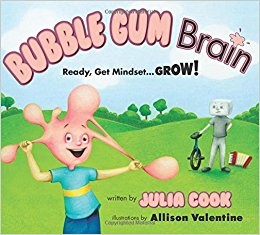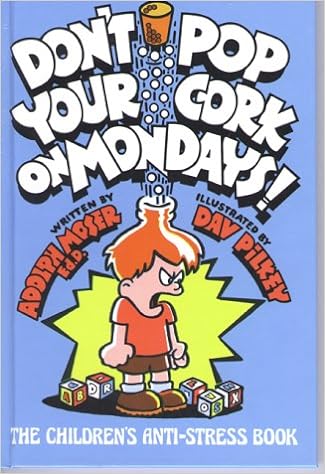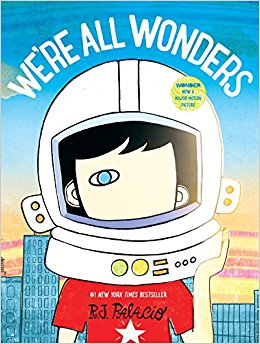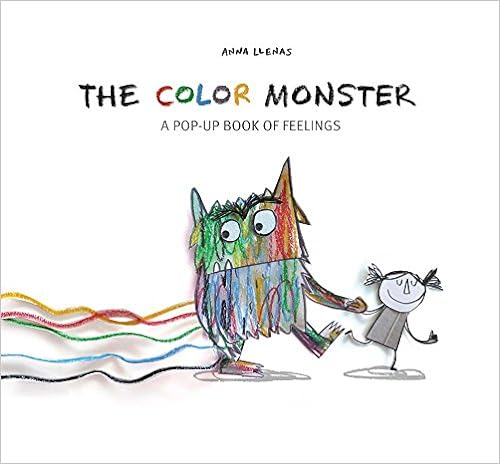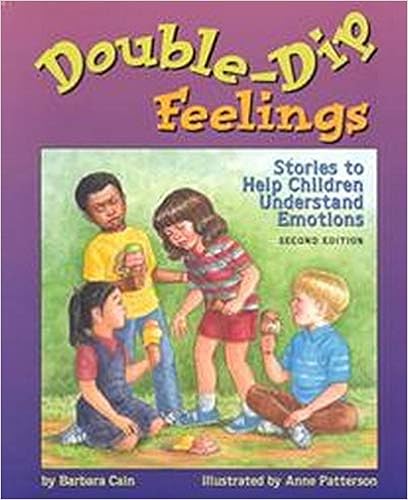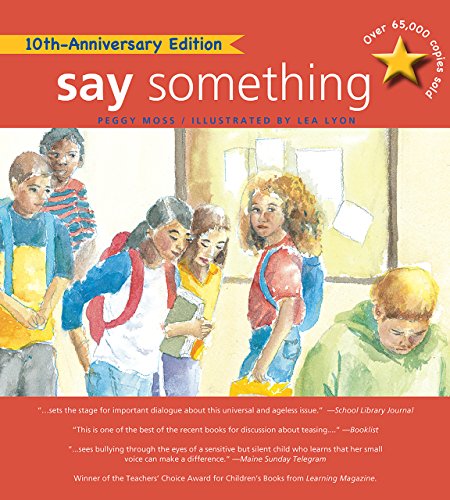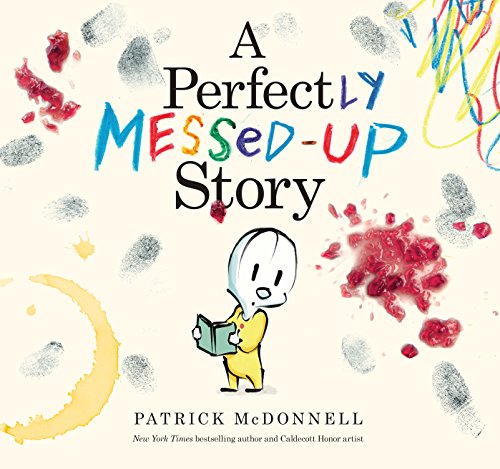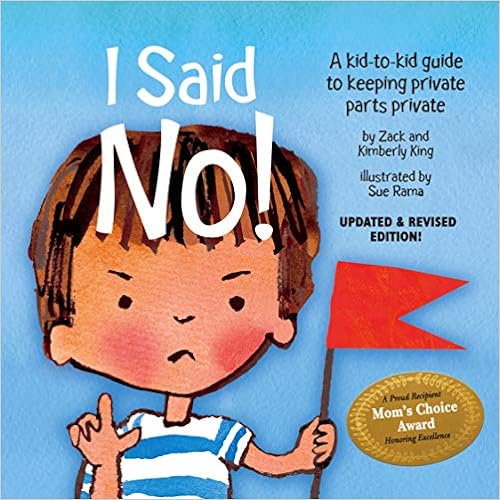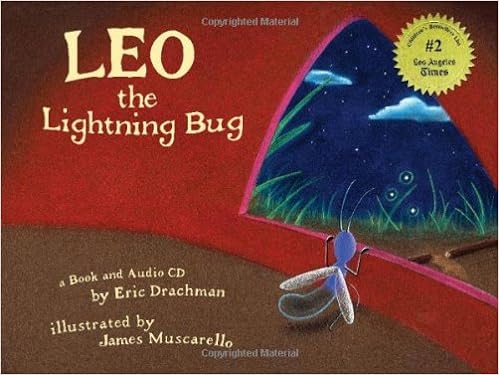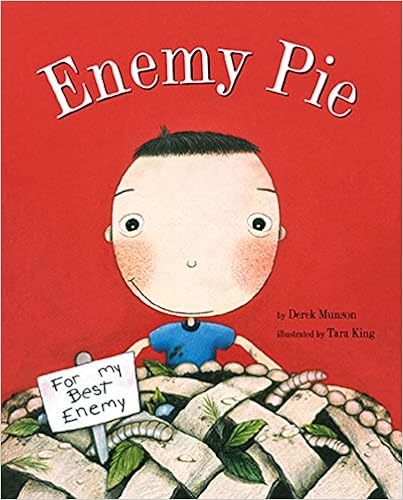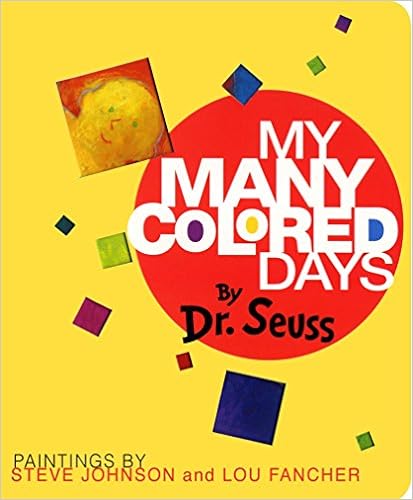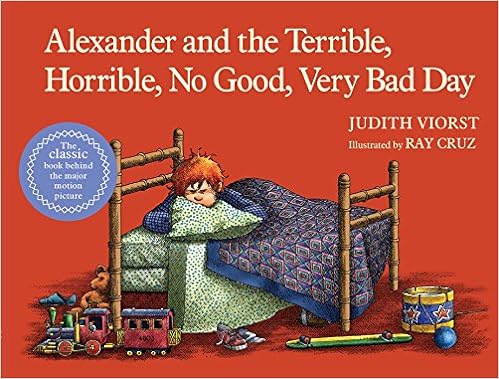Counseling
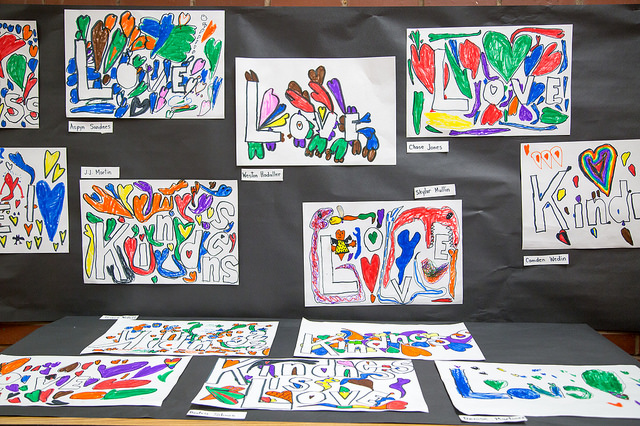
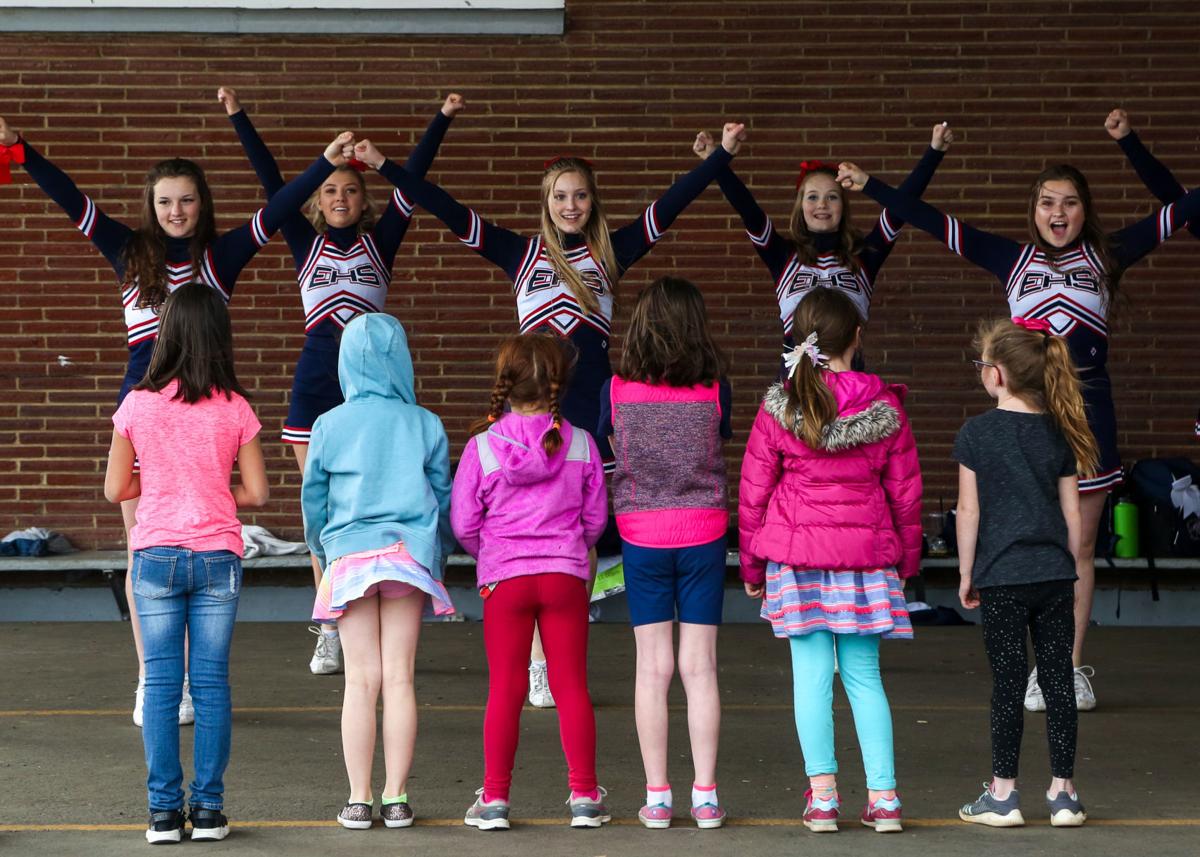
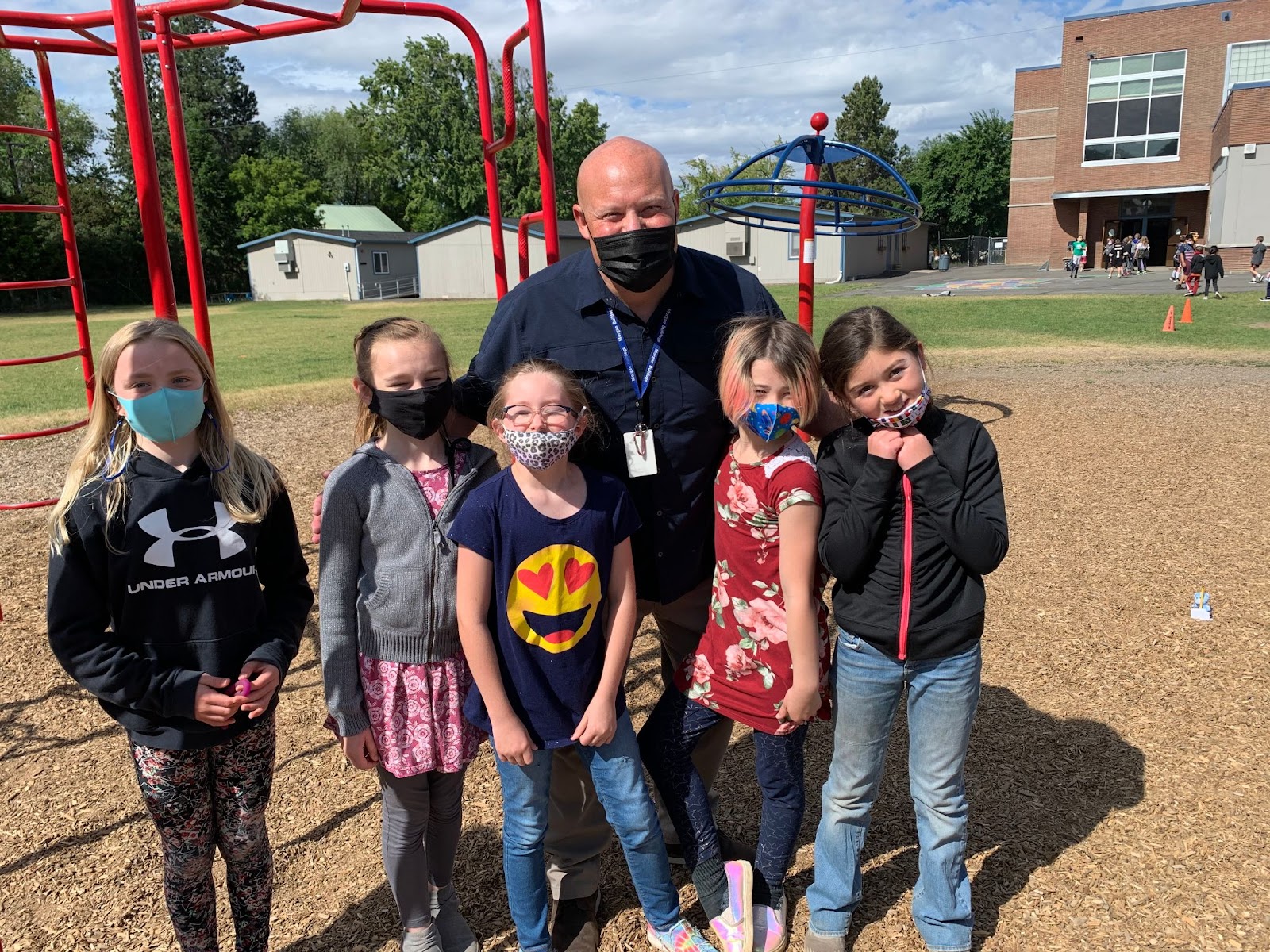 Hello Lincoln Families- I am excited and honored to be your new school counselor! A little about me...I have served the Ellensburg School District for the past 20+ years in various roles, including high school teacher & coach, EHS counselor, Valley View counselor, School Resource Officer and Dean of Students at MMS. My wife and I grew up in the Snoqualmie Valley and moved to Ellensburg in 1995. We have three amazing daughters and two boxers. We enjoy family time on the patio, hiking, camping and various other outdoor adventures.
Hello Lincoln Families- I am excited and honored to be your new school counselor! A little about me...I have served the Ellensburg School District for the past 20+ years in various roles, including high school teacher & coach, EHS counselor, Valley View counselor, School Resource Officer and Dean of Students at MMS. My wife and I grew up in the Snoqualmie Valley and moved to Ellensburg in 1995. We have three amazing daughters and two boxers. We enjoy family time on the patio, hiking, camping and various other outdoor adventures.
I am committed to encouraging, supporting and empowering all students to become their best selves! One of my personal goals is to establish a personal relationship with EVERY student at Lincoln and be a supportive resources for families. I strive to help each student develop the knowledge and skills to be a fantastic citizen and dedicated learner. I am committed to developing a partnerships with parents through collaboration, open communication and accessibility.
I look forward to working with you and your children!
My best,
Scott Botten
Email: scott.botten@esd401.org
Phone: (509) 925-8050
Mission Statement
 The mission of the Lincoln Elementary Counseling Program is to nurture and support EVERY student in reaching his/her full potential academically, socially, and emotionally. The program strives to promote and enhance student achievement by delivering prevention, intervention, and referral services. It is our goal to work collaboratively with students, parents, staff and the community to provide a safe and encouraging educational experience.
The mission of the Lincoln Elementary Counseling Program is to nurture and support EVERY student in reaching his/her full potential academically, socially, and emotionally. The program strives to promote and enhance student achievement by delivering prevention, intervention, and referral services. It is our goal to work collaboratively with students, parents, staff and the community to provide a safe and encouraging educational experience.
Guidance & Counseling Program Benefits
- Enhance EVERY child's self-esteem
- Empower youth to set and reach their goals
- Increase academic performance
- Increase knowledge of self and others
- Develop effective decision making & problem solving skills
- Increase leadership skills
- Celebrate differences and learn from one another
- Improve emotional regulation skills
- Promote respect for ALL students
- Increase school and community pride
Children are taught to advocate for their own needs while at school. If a child needs to talk with Mr. Botten, they can simply let their teacher know and an opportunity to talk with the school counselor will be made. Parents who would like Mr. Botten to meet with their child, you can contact him at scott.botten@esd401.org.
Confidentiality
Elementary students are beginning to understand the value of privacy for themselves, their families, and others. Respecting the child's (and family’s) right to privacy, confidentiality, is fundamental to the counseling relationship. It allows students an opportunity to share their concerns with a trusted adult who will listen non-judgmentally and help them problem solve in an environment of physical and emotional safety. Because the safety of ALL students is paramount, there are limits to maintaining confidentiality. As required by Washington State Law and Ethical Standards of the American School Counselor's Association, the following are instances where a school counselor MUST report disclosed information to the appropriate authority:
- Intent to harm one's self or someone else is expressed.
- Suspected abuse or neglect of a child or adult.
- An appropriate court order is received and verified.
- Legal consent is given to share specific information.
I will ask families and/or the child to share information with the teacher should the information be useful in allowing the teacher to assist on a day to day basis. We want to wrap care and concern around your child while they spend their days in our school community.
School-Wide Programs
Kelso's Choices
-
Kelso's Choices Curriculum
This curriculum is taught to kindergarten and 1st grade, however, the skills learned are promoted and reinforced Schoolwide. For more information, click here
Kelso's Choice Wheel: Kelso the frog teaches students how to solve “small” problems on their own. “Small” problems include conflicts that cause “small” feelings of annoyance, embarrassment, boredom, etc. “BIG problems” always need to be taken to an adult. These are situations that are scary, dangerous, illegal, etc.
About Kelso's Choices: How It Is Used
Kelso Choices is a school-wide conflict resolution program which teaches Lincoln students the differences between "big problems" and "small problems." Big problems are situations or actions that are scary and/or dangerous. Students are taught to report "big problems" to a trusted adult immediately. Conversely, "small problems" are situations or conflicts where a student can use one of the nine Kelso's Choices to solve a conflict. The nine are illustrated in the Kelso’s Choice Wheel. They include:
- Go to another game
- Talk it out
- Share and take turns
- Ignore it
- Walk away
- Tell them to stop
- Apologize
- Make a deal
- Wait and cool off
At Lincoln, our goal is engage students in developmentally appropriate ways to learn and respond to interpersonal conflicts. Kelso's Choices aligns with our school's Positive Behavioral Intervention Supports (PBIS) philosophy. Kelso's Choices creates a common language and practice while providing foundational skills for all students at Lincoln Elementary. As students progress through the grades, we build upon these skills to help them develop higher level problem solving competencies. The end result, is a more positive school culture and a student body that solves conflicts peacefully and demonstrates Lincoln's core values.
- Kelso’s Choice effectively teaches young children peace-making skills. It is a proven resource to increase confidence, reduce tattling and is a preliminary tool to prevent bullying.
- About Kelso’s Choice: The program is a powerful and timely tool to build a vital life skill for the young people in today’s world. The program philosophy is simple: each child is smart enough and strong enough to resolve conflict.
Mr. Botten provides students with classroom lessons, small groups and individual support in learning how to use Kelso's Choices at Lincoln Elementary.
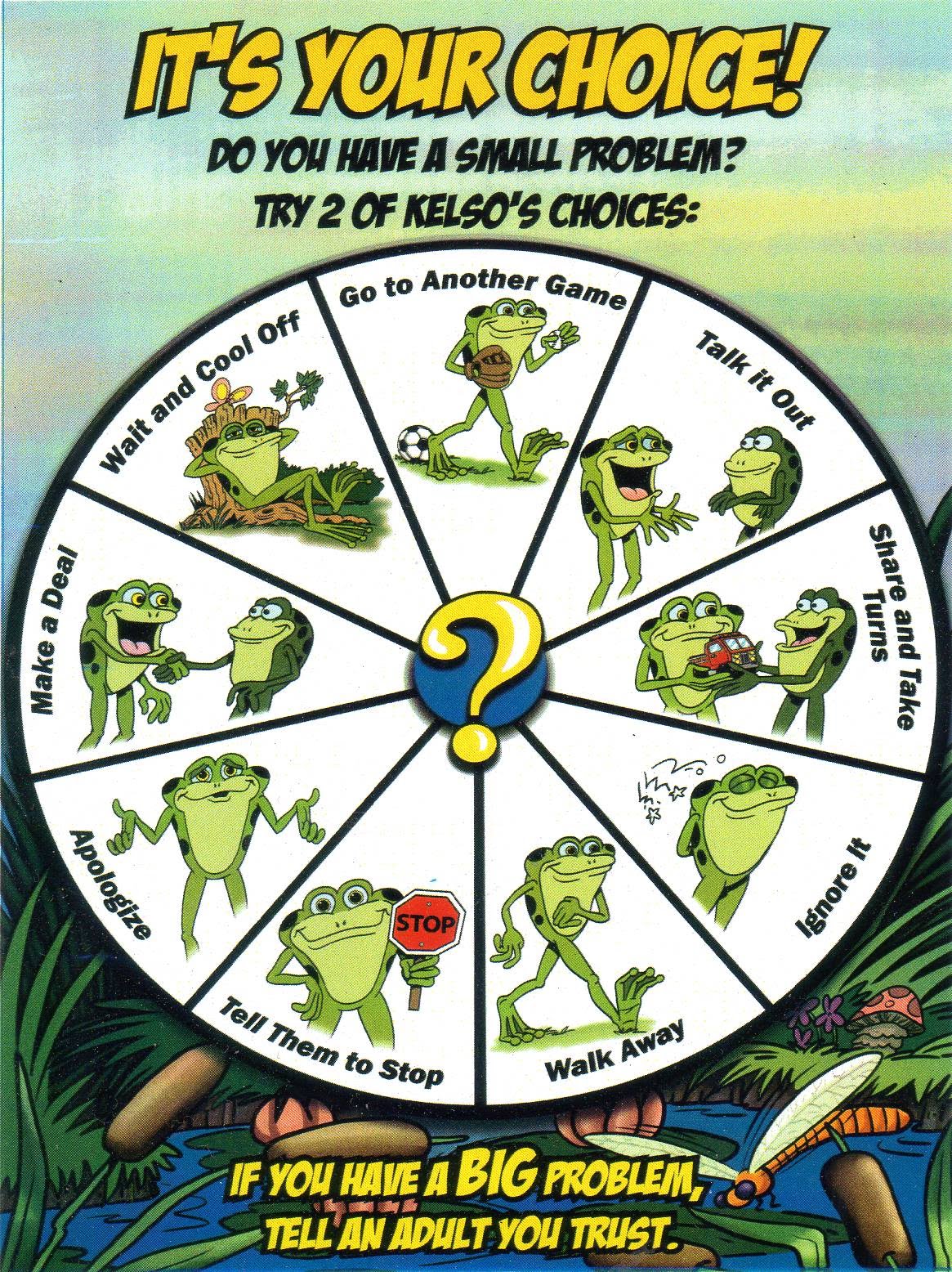
Lincoln Bucket Fillers
You may want to include these Bucket-Filling books for your home library!
The staff and students at Lincoln Elementary embrace the “BUCKET-FILLING” philosophy. Carol McCloud, the author of Have You FIlled a Bucket Today?, learned about bucketfilling in a parenting workshop at an early childhood conference in the 1990’s. Children who learn how to express kindness and love lead happier lives. When you love and care about others, and show that love with what you say and do, you feel good and fill your own bucket, too. Carol McCloud’s books are written to teach children how to be bucket fillers. As we read the book this year, we will help the children think about what they might say or do to fill someone else’s bucket. We will work with your child and help them practice daily bucket filling. Very quickly they will experience the pride and joy of filling buckets.
"My seven year old daughter's school uses a Bucket-Filling philosophy. This views everyone's heart as a bucket. Every day, they try to fill each others 'buckets' with nice words and acts of kindness. Every student and staff's goal is to fill as many buckets as possible, and in doing so - you fill your own. However, 'bucket-dipping' involves anything that takes away from anyone's happiness and self-worth. I'm so grateful my child's school embraces the Bucket-Filling philosophy" - Parent
Second Steps Curriculum
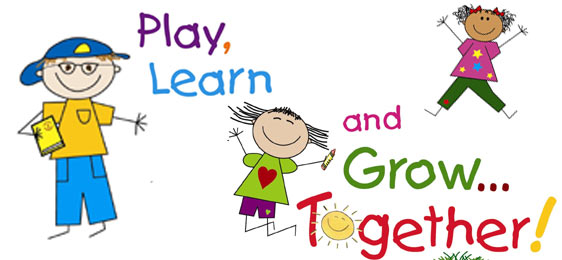
Second Steps is a Social Emotional Learning (SEL) curriculum that helps students succeed in the classroom and in life. The research-based Second Step Elementary digital program is a universal, fully web-based classroom program designed to help increase students’ school success and help decrease problem behaviors by promoting social-emotional competence. It helps students cope with challenges, create positive relationships, and succeed both socially and academically. Lessons provide the tools for students to develop mindsets, knowledge, and skills to handle strong emotions, show kindness and empathy for others, and solve problems with their peers.
Lincoln Elementary believes SEL can help students navigate differences, appreciate one another’s perspectives, and act with empathy and compassion in their day-to-day lives. We also believe SEL can help give voice to children’s cultural assets, help educators examine their policies and practices through an equity lens, and bring in the voices of those who have historically not been heard. Student voice is elevated throughout the lessons in the following ways:
- Soliciting student ideas and opinions
- Providing choices
- Connecting content to students’ real-life experiences
- Providing opportunities for students to share their knowledge and diverse experiences
The new Second Step Elementary digital program supports teachers in creating a positive classroom climate and supports students’ sense of school connectedness and belonging by making students feel accepted, known, and valued through community-building classroom interactions. These interactions help teachers capitalize on students’ varied strengths, learn more about their students’ lives, demonstrate caring and respect, validate students’ experiences, support peer collaboration, and honor students’ identities outside the classroom. These efforts to increase a sense of community are reinforced by content throughout the program that requires students to:
- Consider the collective as well as the individual
- Set community goals
- Identify and analyze how individuals use empathy to make their community better
- Identify community-level problems and whether solutions meet all members’ varied needs
The Second Steps curriculum provides students and staff with common language that helps everyone reinforce social-emotional skills & concepts throughout the school day - regardless of the person's role at Lincoln. When all adults in the building—administrators, librarians, counselors, paraprofessionals, office staff, and others—understand and promote social-emotional learning (SEL) during their interactions with students, they create an environment where students can practice their skills outside the classroom. is developmentally appropriate for each grade level. The Second Step program helps Lincoln staff take a holistic approach to social-emotional learning (SEL), using this as a Tier 1 support for ALL students. The core competencies taught in Second Steps at all grade levels are:
- Self-Management
- Social Awareness
- Relationship Skills
- Self-Awareness
- Responsible Decision-Making
Grade Level Second Steps Lessons
Each grade level will follow developmentally appropriate "units" and weekly lessons. Click on the Family Communication links to read more about the curriculum and how parents & caregivers can support Second Step learning in the home!
-
-
-
-
-
-
-
Alignment Charts
Learn how Second Step program aligns to academic and behavioral frameworks and guidelines. Click on the following link.
-
-













